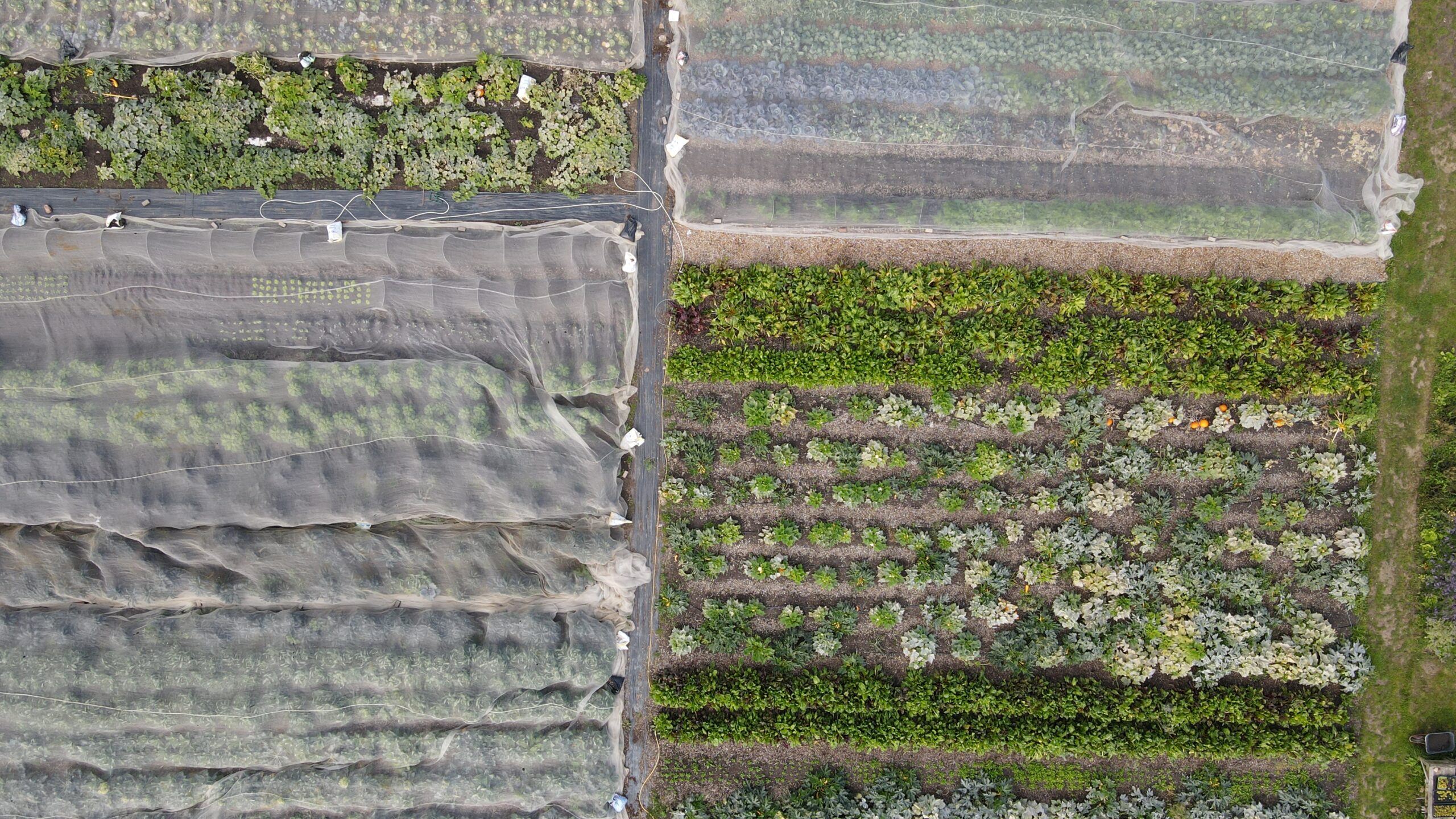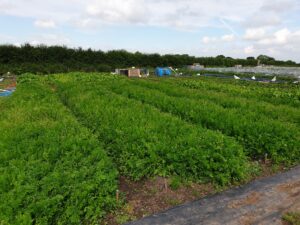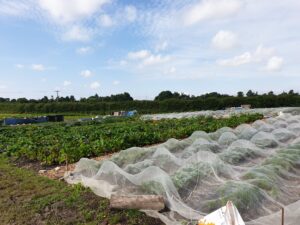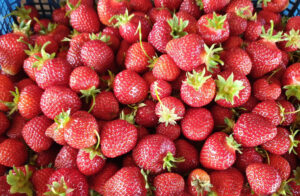What does Organic mean? I expect everyone will answer this differently. I encourage you now to stop reading for a moment and ask yourself the question. Now I want you to consider your thoughts on ‘local food’, what does this mean to you?
Why do I ask? A 2016 review paper[i] explained that most organic consumers do not actually have a full understanding of organic standards but purchase organic food based on the perception that it’s healthier, fresher and tastier as well as the belief that it’s better for the environment and animal welfare.
The same paper highlights the general populations’ preference for local food over other ‘food quality cues’ or food that has traveled long distances. This is said to be due to not only the desire to know where our food is from (trace-ability), but also the belief that food is therefore fresher, healthier and safer than imported products in addition to it supporting local economiesii.
Interestingly, the motivations behind each choice often overlap, and some people assume that organic and local are somewhat the same thing.
Organic standards are set by the soil association in the UK and written into European law. They provide a framework to which farmers must adhere to, in order for the certification to be awarded. These include rules on limiting pesticides and herbicide use to only naturally derived ones, limited use of antibiotics to only when necessary for animal welfare, and therefore offers a positive impact on environment and wildlife.
The use of the term ‘organic’ in food labelling and advertising is prohibited without official certification, great news for all you sceptics who may have believed it was all a ‘con’. Not so great for small scale farmers who cannot afford the annual fee but who do adopt the chemical free, environmentally friendly ethos.
This is where ‘local’ comes in. As yet, the term ‘local’ has not been definedi (as with all things these days, we need a legal definition because the word meaning itself is insufficient) hence why I asked you earlier, what local means to you.
Frith Farm is local to the Beverley and Hull area, currently supplying only as far as the guy’s at Frith can cycle with a bike trailer (quite far by most people’s standards to be fair, but still within 10 miles) – some of you may even see one on a banana yellow bike cycling between Beverley and Hull on regular basis. (It doesn’t get more environmentally considerate than that!)
So, let’s talk about the logistical aspects of food production. Whether a food item is organically certified or not, I encourage you to think about what it’s packaged in and where it’s from, this’ll give you some idea of how far it’s travelled; that organic avocado wasn’t grown in the UK, I can guarantee it!
While some studies have suggested that transportation of food is not a significant contributor to greenhouse gas (GHG) emissions associated with agriculture, these same studies have been criticised as using inappropriate methods of analysis[ii].
While quashing this idea, they suggested it would be more appropriate to consider a dynamic view on the benefits of local food production and consumption, or example:
- Sustainable water management
- Recycling of nutrients: Composting urban organic wastes to use as natural fertilizer therefore, reducing the amount of food waste in landfill
What do you think the environmental benefits might be of eating food grown within 10 miles of your home, completely chemical free, recycling local resources in the form of ‘organic wastes’ (compost) and building materials such as wood, and picked on the day you get it?
Personally, I think it’s safe to say there are a fair few benefits to the environment, local economy AND your health.
Why are Frith farm NOT applying for Organic certification?
Firstly, just to clarify, Frith are in complete favour of the organic practice; we’d have loved to offer you that official stamp of approval. However having looked into the certification, we discovered it’s an expensive process for a small, local CSA to pay for annually. The costs start at £750 per year for veg and goes up with animal products. It’s a small sum for these larger farms but a huge expense, for little return, on a small scale set up. The way organic certification system is structured is both too impractical and too expensive for small-scale local producers — particularly those who own limited amounts of land, and hence have to rely on rented land, local and recycled products.
It’s also a timely procedure; a farm cannot be certified organic for the first 2 years, the point is to ensure any previously used chemicals have ‘washed away’. This is completely understandable, however the land which Frith Farm took over in 2016 had not been used for any purpose for over 10 years, although we would still have to wait another 2.
Working to such a rigid structure as the organic standard would in fact go against some of our principles; we would not be able to use the local compost produced by all of your brown bins, instead we would have to source the ‘nearest’ organically certified compost and have it transported. In our minds transporting 40 tonnes of organic compost further than necessary, numerous times per year, is not an environmentally aware decision. We’re a small scale, local, start up CSA; the financial commitment as well as the conflicting environmental benefits were enough to sway our decision.
Having traveled around many small scale farms and CSA’s in the UK, Ben learned that many do not make it if they insist on a rigid, idealistic approach to farming. Frith prefers to balance idealism with pragmatism: “as a farmer you must weigh up the options at hand to keep the farm running. In this case, reducing costs and optimising on local resources are bigger priorities for Frith Farm than certifying our procedures”
“We hope to develop a trusting relationship with our members, everything is transparent, we don’t need to pay a third party for a symbol”
Going forward, we will label our farming methods ‘chemical free’ and encourage you to volunteer as a CSA member, so you can see it all happening for yourselves.
Who else can guarantee your food is picked on the very same day you get it?
SIGN UP! To our new Veg Box Scheme launching this June.
[i] Hempel, C. & Hamm, U. (2016) Local and/or organic: a study on consumer preferences for organic food and food from different origins. International journal of consumer studies. 40: 1470-6423.
[ii] Yang, Y. & Campbell, J, E. (2017) Improving attributional life cycle assessment for decision support: the case of local food in sustainable design. Journal of cleaner production. 145: 361-366
Writer: Laura Ryan




